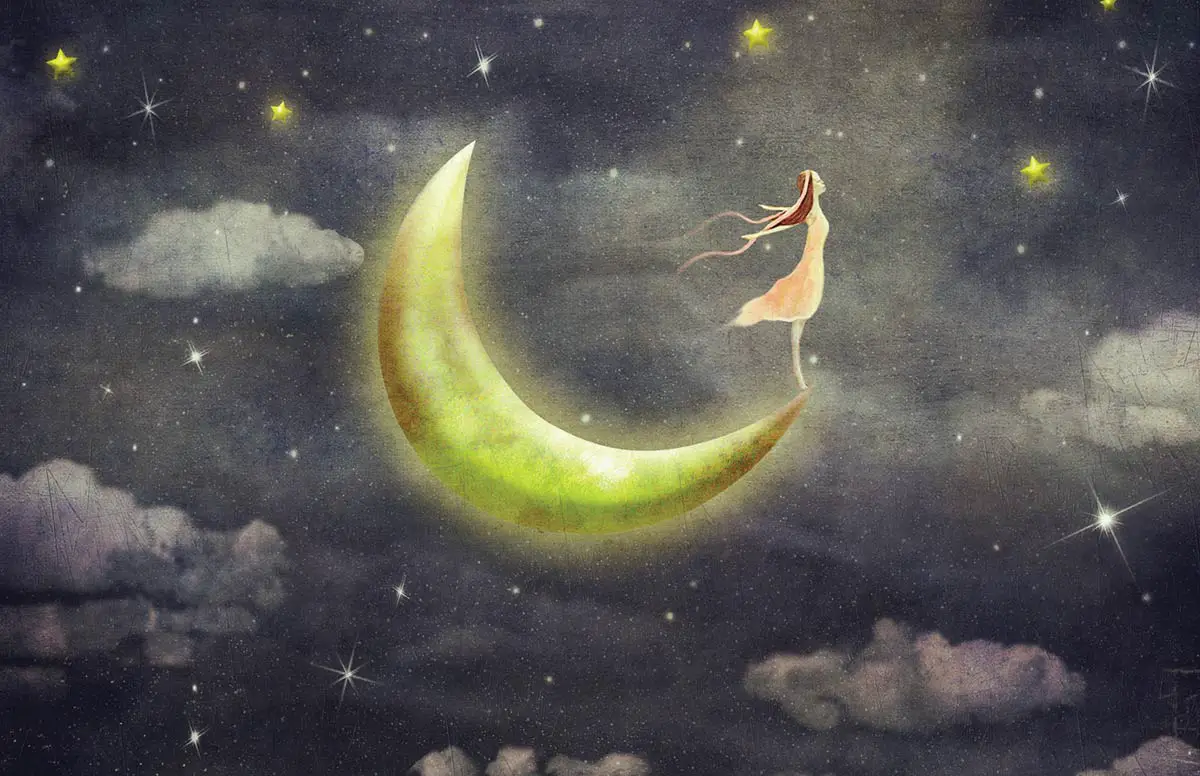Why You Remember And Forget Your Dreams?

It’s the 3rd time your Mom called you and you’ve finally realized the seriousness of the situation. The 1st call could be royally ignored; the 2nd call means you’ve got to be ready with some strong excuse as to why you’re late. But the 3rd call is the last straw. The 3rd call means your dad is involved and you’ve got to hurry up. You bid your friends goodbye and sprint towards the elevator. You hastily press the button and the elevator starts moving. In all of this hurry, you don’t notice the person standing behind you. You’re about to reach your floor when suddenly, the power goes off!

You start sweating profusely and start imagining your life after being grounded forever. Promptly, the person behind you taps your shoulder asking, “Hey, you alright?” You switch on the torch in your phone and almost get a mini attack when you see who it is! Dwayne ‘The Rock’ Johnson, in all his might, is standing right in front of you. And that’s when you go weak in your knees and it feels like somebody splashed cold water on you. Unfortunately, you wake up with a jolt and realize that you’re totally drenched. Mum sure has ways of waking you up!

You can’t wait to tell everyone about the amazing dream you had. You text your friends and tell them about the encounter with Dwayne Johnson. But when your friends ask you for details, you don’t seem to remember anything. It had not even been an hour since you had the dream and yet, you’d forgotten the entire ordeal. Ever wondered why you don’t remember dreams? Why do you remember only bits of it or sometimes even the whole thing?

Dreams are something that occurs involuntarily while we’re asleep. It is said that creative people have a stronger tendency to remember dreams along with people who are anxious or depressed. If we wake up suddenly from a dream, we are likely to remember the whole of it. Also, if you don’t try to recall your dreams within the first 90 minutes after waking up, you’ll probably forget the whole thing.

A neurotransmitter in our brain that is responsible for remembering dreams is present at a very low level while we’re asleep. Once we are awake, our brain starts initializing the processes that are required for the long-term storage of memories contributing to erasing unconscious thoughts that we had during the dream. Thus, people who have the neurotransmitter present in high levels and have increased electrical activity in the brain while they are having a dream, tend to remember them more. Also, dreams that have emotional content in them have a high chances of being remembered. That is the reason we remember nightmares. On the other hand, irrelevant dreams are forgotten quite easily due to the lack of emotional content in them.

People have suggested many ways to remember dreams which include waking up naturally and writing down everything you remember as soon as you wake up. It is also true that some people dream only in black and white and not in color while some say that dreams could predict the future. Dreams do come true, don’t they?



